Heart-healthy nutrition – which foods should be avoided for a healthy heart?
We all agree that a healthy diet with plenty of fruits and vegetables, which should also be balanced and balanced, is the basis for our health and, among other things, for well-functioning organs. But every organ needs different nutrients and today we want to focus on the heart. What is good for the heart and cardiovascular system and which products should you avoid for a heart-healthy diet? You can find out here!
Heart-healthy nutrition – healthy food for the heart
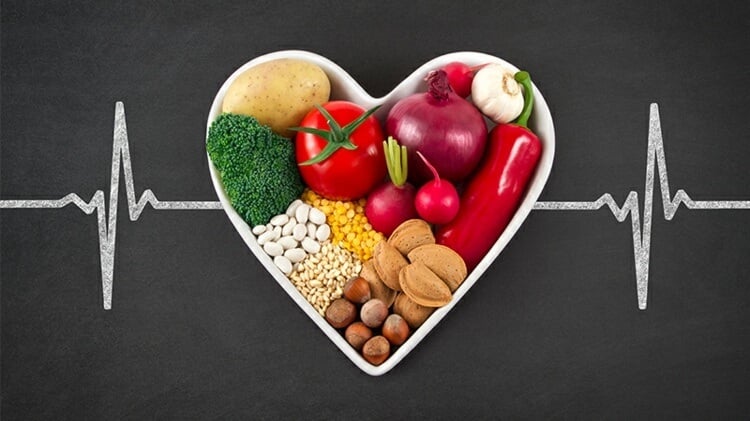
Over time, the recommendations for an ideal diet that is good for our body change again and again. There are also various diets that promise a great figure. All of this causes confusion: what should and should one eat now, what should be avoided and which foods are good for the heart and cardiovascular system?
In principle, as long as you trust vegetables, fruits, whole grains, lean meat and low-fat dairy products, you can't go wrong. For a heart-healthy diet, foods that contain a lot of sodium, i.e. salt, additional sugar and saturated fatty acids, as well as heavily processed products that are fried or even fried in a lot of fat should be avoided.
In the following, we explain why such foods damage heart health and are not suitable for a heart-healthy diet.
Sodium (salt) in moderation for a healthy heart
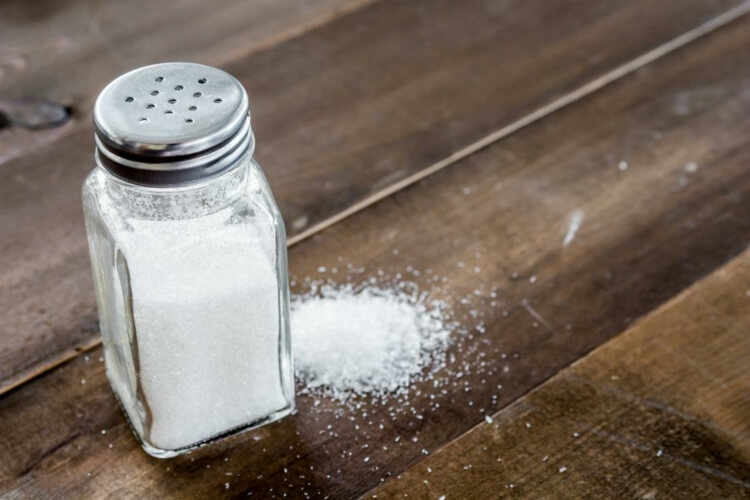
Too much salt increases blood pressure, which in turn increases the risk of heart attacks, kidney failure, and even vision loss, according to the American Heart Association. The reason for this is that it ensures that the body stores more water and that makes it difficult for the heart to work properly, as an article from 2019 explains about sodium.
The ideal blood pressure, which of course can vary individually, is 120/80 or slightly below. If it is 140/90 or even higher, it is considered too high. The worrying thing is that as many as 33% of Americans, according to the Centers for disease control and prevention suffer.
Avoid:
- processed meat (preserved in cans or jars, dried meat)
- Fast food
- salty snacks such as chips, cookies and crackers or pretzels
- frozen ready meal
- processed cheese
Bad for the heart – food with added sugar
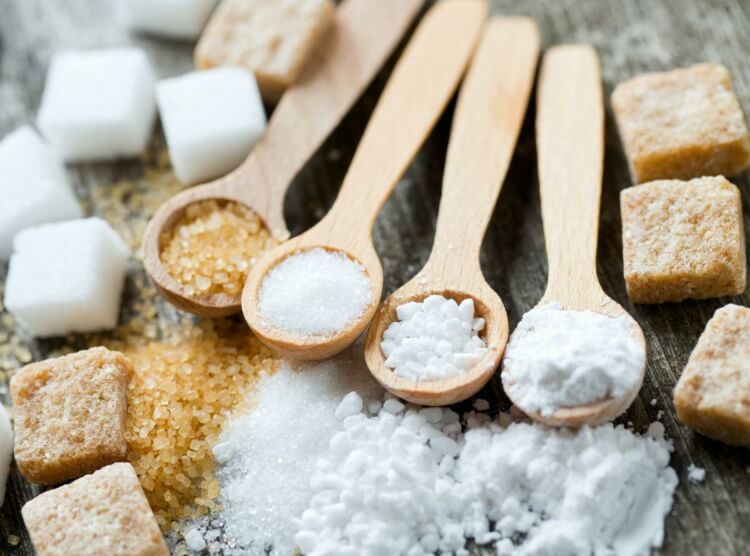
It is nothing new that additional sugared foods are not good for your health. However, they also have a negative effect specifically on the heart. A study published in the Journal of the American Medical Association in 2014 found that people who consumed 17 to 21% of their calories from added sugar were 38% more likely to die of heart disease. In comparison, the risk was much lower for those in the study who only consumed 8% of their calories from added sugar.
But what does that have to do with the heart? Scientists are not entirely sure about this, but they suspect that, in addition to weight gain, sugar also increases blood pressure and exacerbates inflammation in the body, which in turn favors the development of heart diseases.
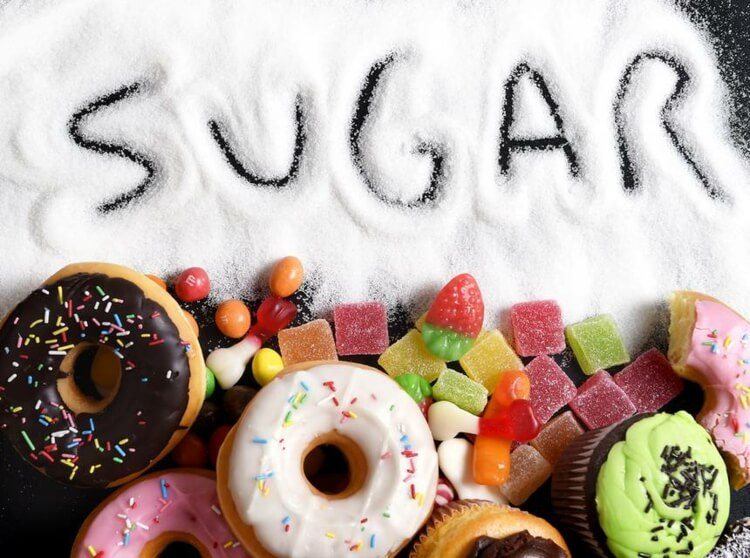
Experts therefore recommend that women consume no more than 6 tsp (roughly 100 calories) of additional sugar for a heart-healthy diet and men do not consume more than 9 tsp (roughly 150 calories), a total of around 5 to 7% of the daily requirement Matters calories.
If you want to eat healthy for the heart, avoid:
- sweetened drinks, including all types of lemonade (e.g. cola), sweetened tea and coffee
- Sweets
- desserts
- Spice sauces, such as ketchup or grill sauces
- processed foods such as soups, granola and granola bars and frozen ready-made meals
Fried food and fast food

There is generally nothing positive to say about fried food. But fried chicken and fish are particularly associated with an increased risk of heart disease, according to a 2019 study published in The BMJ. The reason for this is the oil used. Since you mostly eat fried food outside the house, you never know what type of oil is used for the preparation. Some of them, including the controversial palm oil, form carcinogenic substances due to the heat.
Furthermore, it is no secret that the oil is usually used several times. However, a 2016 study published in the “Toxicology Reports” states that frequent and permanent heating of oil releases the aggressive free radicals that, among other things, destroy the blood vessels. In addition, fried foods contain salt, which is harmful to the heart, as we have already explained.
Therefore reduce the consumption of:
- fried meat, such as chicken nuggets and fish
- fried finger food, such as french fries, onion rings, cheese
- fried potato chips and tortillas
- deep-fried pastries, such as donuts, donuts, spritzkuchen, etc.
Heart-healthy nutrition without saturated fatty acids

Saturated fatty acids are not directly harmful to the heart, but favor the development of diabetes as it increases bad cholesterol (LDL). This cholesterol accumulates on the walls of the arteries and can clog them in the long run. It is therefore advisable to reduce consumption for a heart-healthy diet and replace it with polyunsaturated fatty acids. These are found in avocados, fish and flaxseed, among others, and even reduce the risk of heart disease, according to Harvard Health Publishing.
Products that are high in saturated fat and should be reduced are:
- Palm oil and coconut oil
- butter
- cheese
- fried food
- animal fat, such as lard, beef fat or fat in chicken skin
Heavily processed and refined grain
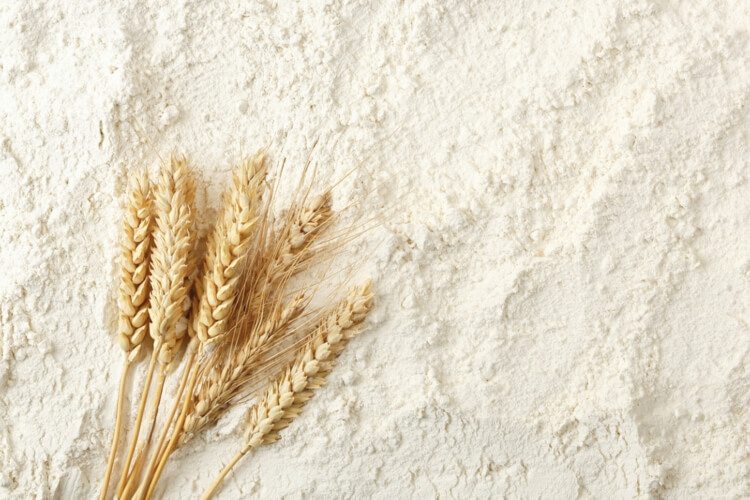
September 2019 it was published in the “Mayo Clinic Proceedings: Innovations, Quality, and Outcomes” that refined grain increases the risk of heart disease. On the one hand, this is due to the fact that they contain only a little fiber, which experts say not only regulate the glycose balance in the body, but also lower cholesterol. So fiber is good for the heart. On the other hand, refined cereals also often contain added sugar, which, as already mentioned, is not a good food for the heart.
But that doesn't mean that you have to do without the grain entirely. Simply reduce the amount and consume heart-strengthening foods with whole grains instead. Fifty-fifty is the key word here, so to speak. So you can still snack on rice if you're a fan of it. Simply reduce the amount and replace it with brown rice from time to time, for example. Good food for the heart can also be prepared with quinoa and is therefore a great substitute for refined cereals.
This type of grain is contained in:
- White bread
- white rice
- Biscuits and crackers
- Pastries with white flour
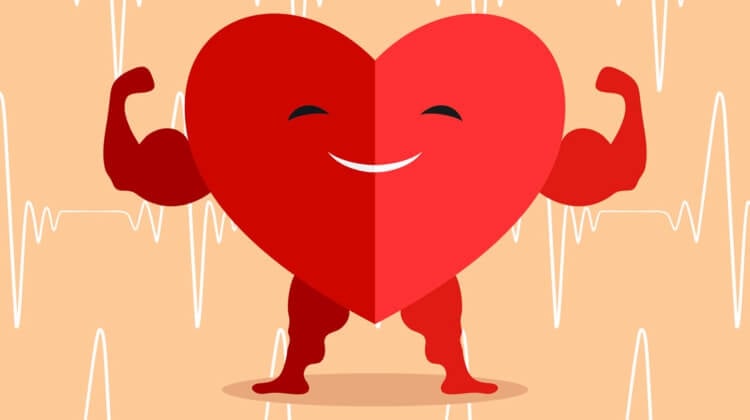
Sources and study articles:
Possible Consequences of High Blood Pressure According to the American Heart Association; 2019 article on sodium (salt); Hypertension numbers in the US according to the Centers for disease control and prevention; The study from the Journal of the American Medical Association on added sugar can be found here; BMJ study; Study of frequent heating of vegetable oil; Harvard Health Publishing on Good and Bad Fat; Mayo Clinic Proceedings article: Innovations, Quality, and Outcomes
The post Heart-healthy nutrition – Which foods should be avoided for a healthy heart? appeared first on Deavita.com | Living ideas, design, hairstyles, make-up, lifestyle, health and beauty tips.





















